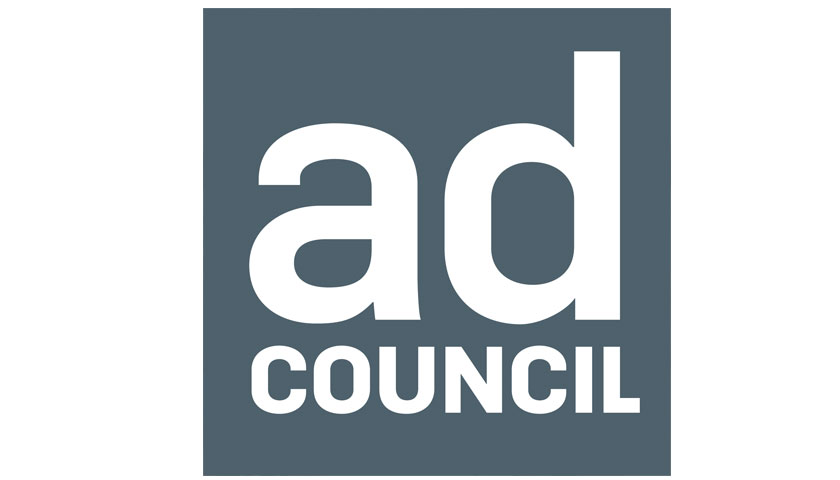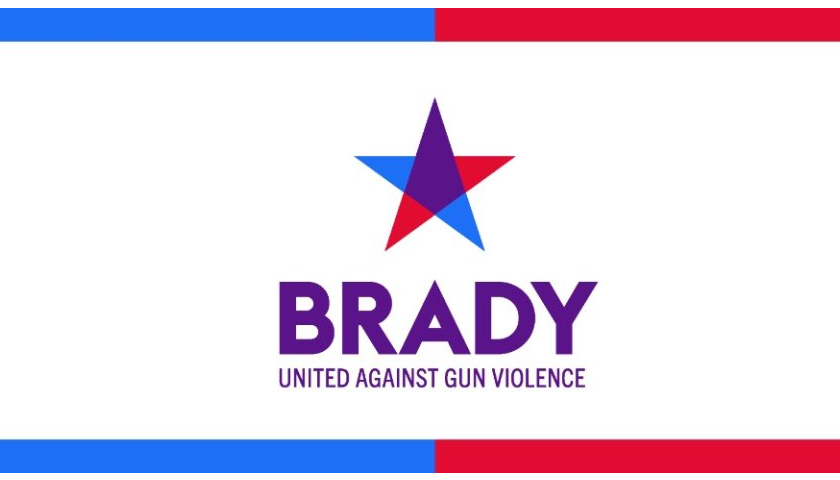There are 48 million unpaid family caregivers in the United States, more than 6.5 million of whom are military veteran caregivers. These caregivers provide $14 billion in uncompensated care each year for their loved ones. To help military veteran caregivers get the tools and resources they need to take care of themselves and their loved ones, AARP and the Ad Council are launching the latest round of creative for their Caregiver Assistance campaign. Today they are releasing their first-ever PSAs targeting caregivers of veterans and current members of the military.
Military veteran caregivers experience unique challenges when providing care. For many in this group, their caregiving journey starts earlier in life (85% are under 40) and lasts longer, according to Caregiving in the U.S. 2020, a report by AARP and the National Alliance on Caregiving. They deal with challenges that civilian family caregivers don’t normally face, including unseen injuries and wounds. They also consistently experience worse health outcomes, greater strains in family relationships, and more workplace problems than non-caregivers. Many also spend more time helping with emotional support or social interaction due to mental or behavioral health diagnoses.
“Oftentimes those caring for veterans and current member of the military experience a high emotional and physical toll, including consistently worse health outcomes and greater strains in family relationships compared to other caregivers” said Bob Stephen, vice president of family caregiving and long-term care at AARP. “Through this campaign, AARP will continue to recognize and provide resources to support these valued caregivers who play such a vital role for veteran and military families.”
The latest evolution of the Caregiver Assistance campaign aims to acknowledge the unique challenges that military veteran caregivers face and provide them with free resources from AARP to better care for their loved one and themselves. For caregivers who are unsure about seeking help because they think it’s selfish or a sign of failure, the campaign reminds them that they can’t care for their loved one without also caring for themselves. The work was filmed and directed by military veterans from veteran-owned creative shop Gig Line Media (the production arm of We Are The Mighty). The PSAs direct viewers to AARP’s Family Caregiving site at www.AARP.org/Caregiving and www.AARP.org/Cuidar, where caregivers can download a free military veterans Caregiving Guide for self-care tips, planning resources, legal and financial guidance and more in English and Spanish as well as AARP’s new Veterans and Military Families Health Benefits Navigator, a one-stop-resource in English and Spanish to help make the process less confusing and overwhelming when it comes to available options for U.S. Dept. of Veterans Affairs (VA) health benefits, military Tricare, Medicare, private insurance, and Medicaid.
“Taking care of a veteran in your life often means that you start younger and care for longer. In many cases, this means you’re forced to manage situations other family caregivers aren’t forced to face,” said Michelle Hillman, Chief Campaign Development Officer of the Ad Council. “We’re humbled to continue this campaign to remind the millions of military veteran caregivers that they do not face these unique challenges alone.”
For more information about caregiving resources, please visit AARP.org/Caregiving or call 1-877-333-5885 or AARP.org/Cuidar or call 1-888-971-2013 for Spanish resources.


